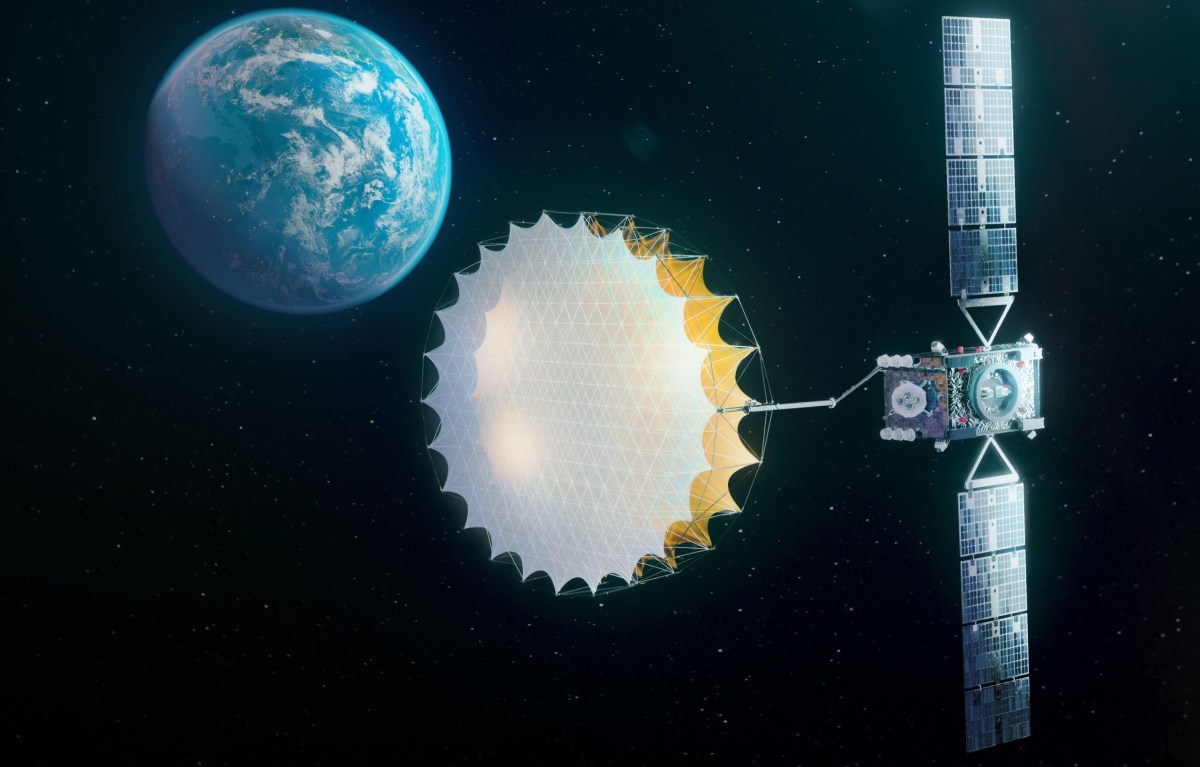WASHINGTON — Singapore’s Astrum Mobile has ordered a small satellite from Swissto12 to deliver resilient, low-bandwidth multimedia and connectivity services directly to devices across Asia from geostationary orbit (GEO).Announcing its third customer for the HummingSat platform March 10, Switzerland-based Swissto12 said the deal reflects growing demand for smaller, regionally focused satellites — closer in size to a washing machine than traditional school bus-sized GEO spacecraft.”While Swissto12 did not disclose a launch timeline, the company said it now aspires to build and deploy satellites within two years.Intelsat ordered the first HummingSat-based satellite in 2022, followed by a triple order the next year from Viasat-owned Inmarsat. All four satellites are slated to launch between 2026 and 2027.Astrum Mobile’s Neastar-1 would leverage the latest 5G telecoms standards to connect directly with smartphones and other devices, providing media and mass notification services in addition to basic connectivity for remote networks.The satellite would operate in L-band frequencies, which are highly resistant to weather- signal disruptions. Astrum Mobile said this resilience would enable it to offer customers enhanced Service Level Assurances (SLAs), maintaining connectivity during typhoons, floods and earthquakes that often knock out terrestrial networks.“We have received significantly positive assurance from customers and partners that such a service will address the need to provide ubiquitous service access that meets national and commercial interests for enabling communications anywhere, everywhere.” Astrum Mobile CEO Sean Wallace said in a statement.The company lists Singaporean telco Simba and U.S. semiconductor giant Qualcomm among its partners.The emergence in recent years of small GEO operators like Swissto12, Astranis, Reorbit — and most recently AscendArc — comes as the broader GEO market contracts, partly due to growing uncertainty amid a shift toward large low Earth orbit constellations.Commercial operators ordered just six GEO communications satellites in 2024 — the lowest number in two decades, according to Novaspace. Three of those six were small satellites, underscoring how operators are adjusting their strategies in response to changing market conditions.
By Tyler Mitchell
Tyler is a renowned journalist with years of experience covering a wide range of topics including politics, entertainment, and technology. His insightful analysis and compelling storytelling have made him a trusted source for breaking news and expert commentary.
